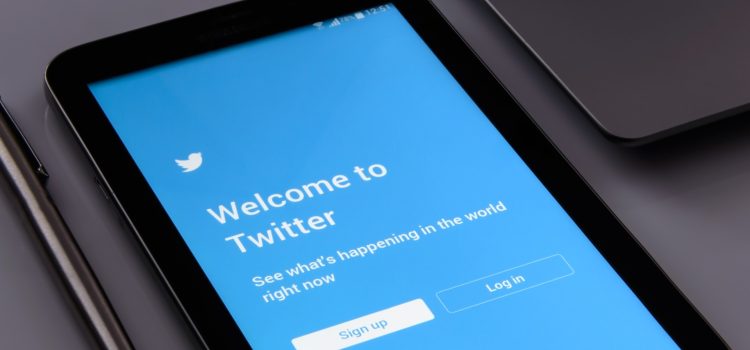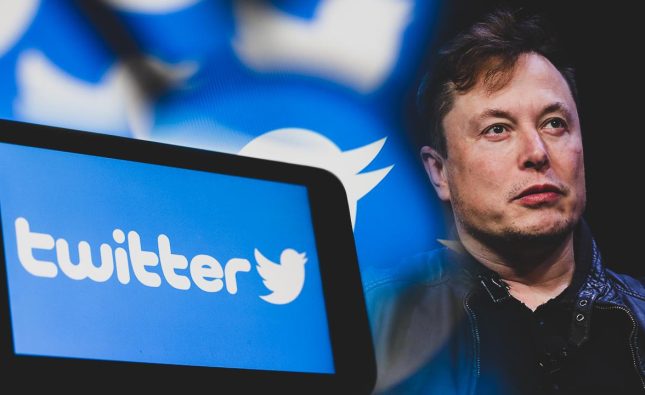
Why Verified are Losing Their Meaning and How Users are Reacting
In recent years, social media platforms have used verified accounts as a way to signify authenticity and credibility. However, it seems that the meaning of verified accounts is starting to lose its value. With an increase in fake profiles and bots, users are finding it harder to trust these badges of verification. This blog post will explore how verified accounts are losing their significance on Twitter and how users are reacting to this change. Let’s dive into the world of social media verifications!
What are verified accounts?
Verified accounts are becoming increasingly common on social media platforms. They act as a badge of authenticity and credibility, indicating that the account belongs to a reputable individual or organization. Verified accounts usually feature a blue checkmark next to their name.
Verification is typically done by the platform itself, which verifies an account’s identity through various means such as government-issued IDs or official documentation. Once verified, the account gains access to additional features and benefits such as increased exposure and authority within their respective communities.
Verified accounts are particularly important for public figures such as politicians, celebrities, and brands who want to prove their legitimacy on social media. This has led to an increase in demand for verification across all industries.
However, with the rise of fake profiles and bots on social media platforms like Twitter, users have started questioning whether verified badges still hold any value at all. In the following sections, we will explore how these badges are losing their significance over time and how users are reacting to this change.
How are verified accounts losing their meaning?
Verified accounts on social media platforms like Twitter were initially intended to signify that the account belonged to a public figure or celebrity. However, as time has passed, the meaning of these verified badges has become diluted and less meaningful.
One reason for this is that more and more people are getting verified, even if they aren’t necessarily celebrities or public figures. This dilutes the exclusivity of being verified, making it seem less special.
Another issue is that some people who have been verified may not actually be who they claim to be. There have been cases where fake accounts were able to obtain verification status by posing as legitimate users.
Furthermore, there have also been instances where individuals with controversial views or behavior have been given verification status. This has caused outrage among users who believe that these individuals don’t deserve such a designation.
It’s clear that the meaning of having a verified account has changed over time and its significance continues to diminish in the eyes of many users.
How are users reacting to this change?
As verified accounts continue to lose their meaning, users are starting to react in various ways. Some users have completely lost trust in the verification system and question the authenticity of those with a blue checkmark beside their name. Others believe that Twitter needs to revamp its verification process altogether.
Many users have also expressed frustration over the lack of transparency surrounding who gets verified and why. In the past, it seemed that only public figures or individuals with a large following could obtain verification status. However, as more accounts become verified for seemingly unknown reasons, users are left wondering what criteria is being used.
Some users have taken matters into their own hands by creating unofficial methods of verifying accounts, such as using hashtags or symbols in their username to indicate credibility. This only adds further confusion and raises questions about the importance of official verification from Twitter itself.
User reactions suggest a growing concern regarding social media’s ability to accurately represent trustworthy information sources. As fake news continues to spread across platforms like Twitter unchecked, many worry that losing faith in verified accounts will only exacerbate this problem.
What does this mean for social media?
The devaluation of verified accounts has significant implications for social media as a whole. Verification was originally intended to help users identify authentic, trustworthy accounts belonging to public figures and brands, but the decline in its meaning undermines this objective.
One potential outcome is that people may become less likely to trust information they see on social media platforms. If verification no longer serves as a reliable indicator of legitimacy, then how can we know what to believe? This could lead to decreased engagement with content and reduced overall use of social media sites.
On the other hand, it’s possible that this shift will encourage more transparency and accountability from those who use social media. Without the safety net of verification status, individuals and organizations may be forced to work harder to establish their credibility through consistent quality content and communication with followers.
Ultimately, the impact of devalued verified accounts on social media remains uncertain. However, it highlights the need for ongoing vigilance around issues like fake news and misinformation – challenges which require collaboration between tech companies, governments, journalists and informed citizens alike.
Conclusion
The issue of verified accounts losing their meaning and how users are reacting to it is a noteworthy topic that requires attention. Social media platforms need to find ways to maintain the integrity of their verification system if they want users to trust them.
Verified accounts serve as an essential tool in preventing fake news and misinformation from spreading on social media. Therefore, social media platforms must take steps towards ensuring that only credible individuals receive verification badges.
Users also have a role in this by reporting any misuse or abuse of verified accounts. This will help social media companies identify bad actors who may be using verified status for unethical purposes.
In summary, verified accounts are crucial for maintaining trust between social media platforms and their users. The loss of meaning behind these badges can lead to significant repercussions, such as decreased user engagement and mistrust. It is up to both the platform operators and the users themselves to ensure that these badges remain meaningful and indicative of credibility.










